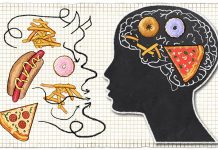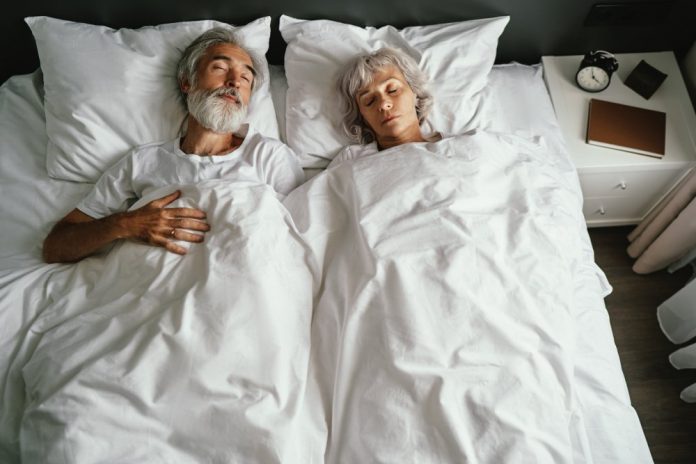Even when you’re asleep, your cells and brain are hard at work, which can add up to a significant calorie burn.
Do you burn any calories at all while asleep?
While you’re getting your nightly shut-eye, your body is still pretty active, even if you’re not aware of it. When you’re asleep, your body actually speeds up cell repair and cell growth while your brain processes and discards the useless information you’ve accumulated throughout the day. Not to mention, your body does all these other strange things while you sleep too.
But do you burn calories during your nightly slumber, and if so, how many? You do, and the calorie burn might be higher than you think: “While the body isn’t burning nearly the amount of calories as it would in motion, it is far from zero,” says Bill Fish, co-founder of the sleep-better website tuck.com.
How many calories do you burn sleeping?
The number of calories you burn depends on your body weight, the amount of time you’re asleep, and your body temperature, says Cathy Posey, RD, a nutrition coach and blogger from happyhouseful.com. She offers a simple way to gauge how many calories you burn in your sleep: “On average, people burn about .42 calories an hour per pound of body weight while they sleep,” she says. So, multiply your weight in pounds by .42. (We won’t judge if you use a calculator.) Then, multiply that amount by the number of hours you’re asleep.
So if you weigh 155 pounds and you sleep for eight hours, how many calories do you burn sleeping? About 520. That’s about the same amount as you’d burn during a one-hour jog, says Fish.
Just don’t expect sleeping to replace that hour of exercise. After all, that’s your sleeping body burning the amount of calories in eight hours that your awake body could burn in one.
Can you increase that number?
Even when you’re snoozing, there are some things you can do to burn extra calories. For instance, try wearing cooler pajamas or even sleeping in the buff. “Sleeping cooler, which is easier in your birthday suit, can boost metabolism and aid in weight loss,” says Terry Cralle, RN, clinical sleep educator and Saatva sleep expert. A National Institutes of Health study found that having a cooler body temperature while you sleep can help boost your body’s calorie-burning cells and metabolism.
Posey also recommends making sure any meals you eat in the evening are on the lighter side. Plus, regular exercise can keep your body at optimal calorie-burning levels, she adds, although exercising right before bedtime might rev you up and keep you from falling asleep. Find out some more ways you can literally lose weight in your sleep.
How does sleeping compare to watching TV?
If you’ve found yourself wondering how many calories you burn in your sleep before, you’ve probably come across the myth that sleeping burns more calories than watching television. Well, that isn’t true—though it’s not too far off the mark.
“On average, when asleep, a person burns roughly 90 percent of the calories they would if they were sitting on the couch watching television,” Fish says. So watching the tube actually does burn slightly more calories—but that doesn’t mean it’s a healthy habit.
The real issue with watching TV is that you often get hungry and reach for something to snack on—something that’s not the best for you, nutritionally. Screen-time calorie consumption can easily add up and negate the passive calorie burn. Plus, you could use that TV time to take a walk or hit the gym, but there’s no healthy way to replace a full night’s sleep with physical activity. Here are 25 more myths about weight loss you need to stop believing.
By the way, don’t try to increase your calorie burn by sleeping more. First, you’ll always burn more calories being up and about; second, people who sleep longer than eight to nine hours a night may be at a higher risk for health issues like stroke, diabetes, and these other serious conditions. For some easy, fun ways to get moving throughout your day, try these 15 ways to burn calories that actually don’t involve exercise.
Source: RD

















































